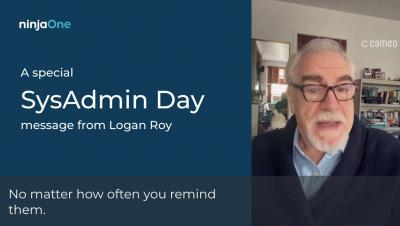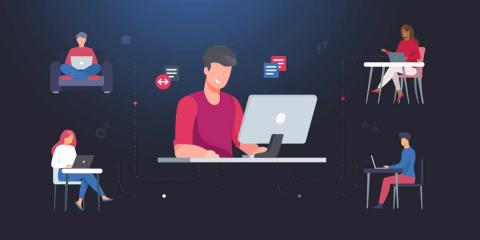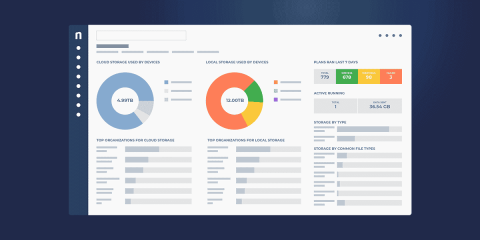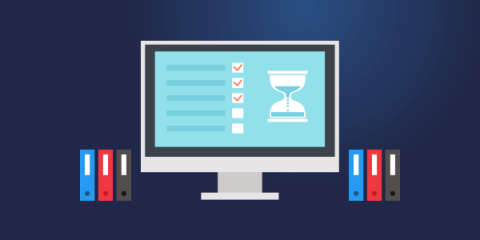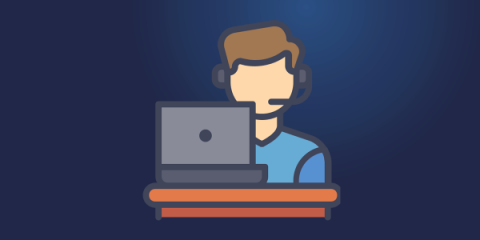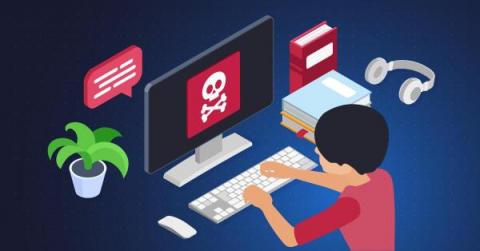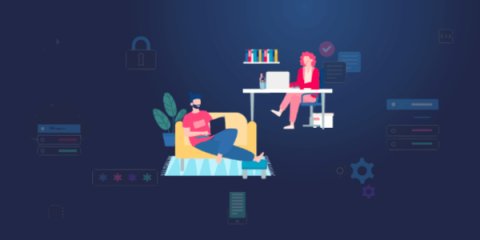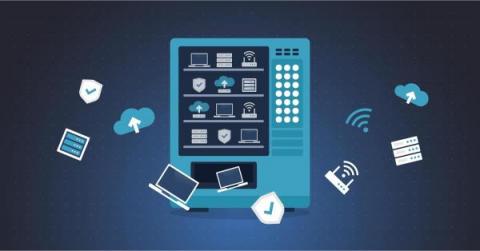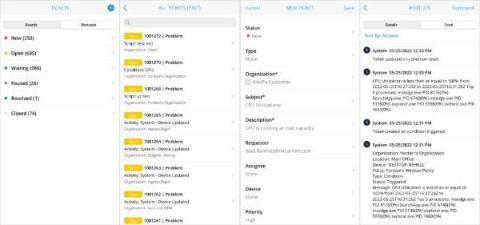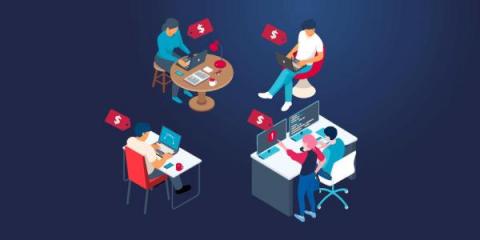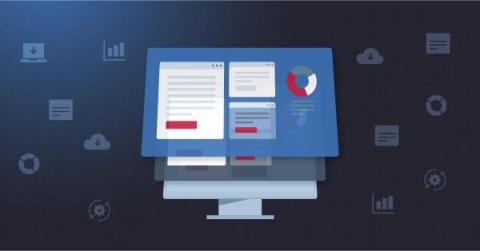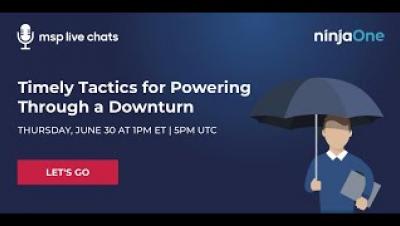Operations | Monitoring | ITSM | DevOps | Cloud
July 2022
5 Secure Remote Access Solutions for Businesses
As many workers have shifted to working in offsite locations, the need for secure remote access for remote support and device management has never been greater. IT teams need It can be difficult to securely access and control all your organization’s endpoints, but secure remote access solutions simplify and streamline that process.
Data Backup and Recovery Explained
Data loss events frequently occur, but it seems that a good portion of companies are not fully prepared for these damaging events. An Avast report states that 60% of all backups performed are incomplete and restores fail 50% of the time. An increasing number of organizations depend on digital data, so data backup and recovery should be a top priority to potentially minimize both downtime and loss of data and ensure continuity of business operations.
Using OneDrive for Backup: What Businesses Need to Know
Microsoft’s OneDrive has proven itself a reliable platform to store and share files, and considering its ubiquity among Windows users, it’s often a small business owner’s first foray into leveraging the cloud for their operational needs. That familiarity leads many end users to wonder if OneDrive can be more than a file storage and sharing app -- could OneDrive also help me backup and protect my files?
6 Help Desk Reporting Tips for Modern IT Management
The help desk can be both a vital part of a user’s experience and help to increase revenue, especially if it operates efficiently. Sitecore reports that you can triple a return on investment if you invest in help desks. Help desk reporting is an excellent tool used to identify ways to improve your help desk.
How to Create a Disaster Recovery Plan (DRP)
In Information Technology terms, a disaster is any kind of event that disrupts the network, puts data at risk, or causes normal operations to slow down or stop. A disaster recovery plan (DRP) is created to address the risks and possibilities of these types of events and minimize the damage they cause. Common disasters that are included in a DRP include.
Hybrid Work Expectations vs. IT Reality: New Report Shares Stark Findings
The pandemic has rapidly advanced the adoption of remote work. Perhaps unsurprisingly, studies have shown that many employees prefer the hybrid work model — it makes work more flexible and often more enjoyable. Despite some companies starting to return to the office full-time, many companies are adapting to meet their employees' changing expectations and have made hybrid work a permanent solution.
IT Self Service Software: Overview & Examples
According to recent polls, at least 67% of consumers choose to use self-service options rather than speaking with a company rep. This leaves many businesses -- especially those in a service industry -- wondering how to provide quality support for their customers without making them get on a phone call. These situations are where self-service options come into play. Such resources make it easier for customers to find the help they need in the manner they choose.
Ninja Ticketing Goes Mobile!
Since the release of Ninja Ticketing, one of our partners’ most frequent requests has been to add ticketing functionality to the Ninja mobile app. Today, we’re excited to announce that the Ninja mobile app now includes key ticketing functionality, including the ability to: This new functionality comes to Ninja on top of existing capabilities for endpoint management, including: App Store or Google Play.
3 Ways to Lower Backup Costs for Remote and Hybrid Workers
With the surge of remote workers and a need for increased flexibility, the traditional workplace is a thing of the past. According to Slack’s Future-Forum Pulse Report, the percentage of people working in hybrid and remote arrangements has increased to 58% in the United States. This means that organizations will need to adapt to a hybrid model to maximize employee productivity while supporting collaboration in and out of the office.
The Cure for Overtooling & Vendor Sprawl
“Just one more tool…what’s the harm?” Because MSPs tend to be technophiles in some measure, we can sometimes be lured in by shiny objects known as “the newest and flashiest solution”. While this isn’t catastrophic in its own right, the “just one more tool” effect is compounding in nature, and so are its dangers.


